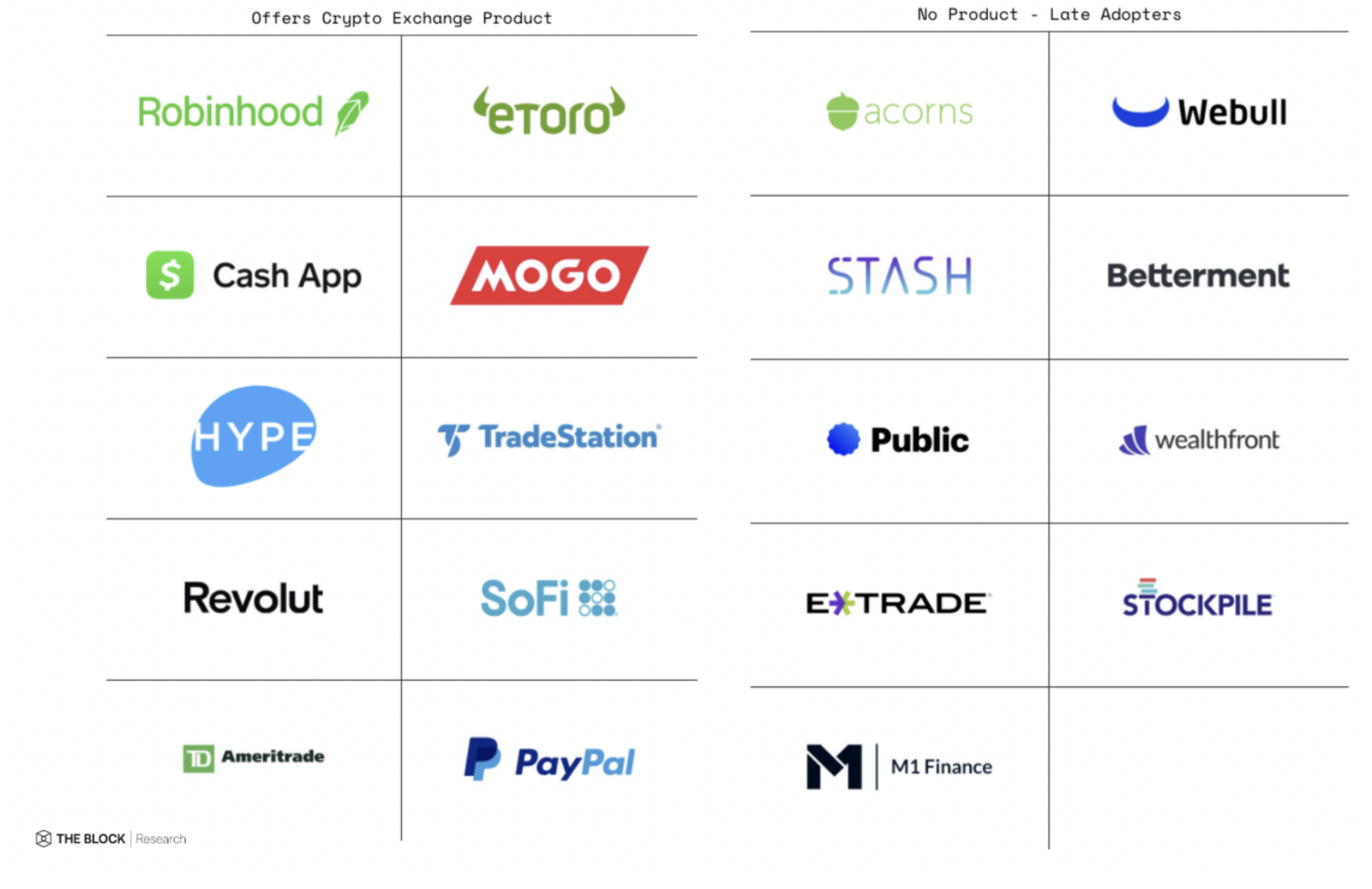The Chinese police in the city of Yancheng in Jiangsu province have arrested a group of developers behind a decentralized gambling app on the EOS network.
The Jiangsu police, the same division that busted the PlusToken Ponzi scheme last year, announced on Thursday that it arrested 15 people and subsequently confiscated 1.3 million units of EOS and BTC that are worth a combined 26 million yuan, or $3.8 million.
The police said this is the first criminal case that it cracked down on that used smart contracts to operate illegal online gambling businesses inside China.
The dApp, called Biggame, allowed players to use EOS smart contracts to place bets on various games such as Dice and Texas Hold’em. Between June 2018 and December 2020, the team behind Biggame allegedly profited from the operations with crypto assets worth 60 million yuan, or nearly $10 million, law enforcement officials said.
It appears the Jiangsu police have also become increasingly savvy with blockchain forensic technology, building on their experience in the PlusToken case.
Authorities said that after establishing the case in November, they analyzed 27 million on-chain transactions that interacted with 26 smart contract addresses associated with Biggame and located four EOS accounts as the main suspects.
The arrest is the latest example of Chinese law enforcement’s wider “Internet Cleansing Movement” that aims to crack down on any illegal online activities, from gambling and Ponzi schemes to telecommunication fraud and money laundering.
The Block reported last month that such efforts have had a chilling effect on the Chinese cryptocurrency space.
Since Q4 last year, an increasing number of court rulings show that nearly 100 individuals have been convicted for knowingly laundering money through crypto over-the-counter trading desks that involved more than $30 million worth of Tether’s USDT.
© 2021 The Block Crypto, Inc. All Rights Reserved. This article is provided for informational purposes only. It is not offered or intended to be used as legal, tax, investment, financial, or other advice.
Go to Source
Author: Wolfie Zhao


